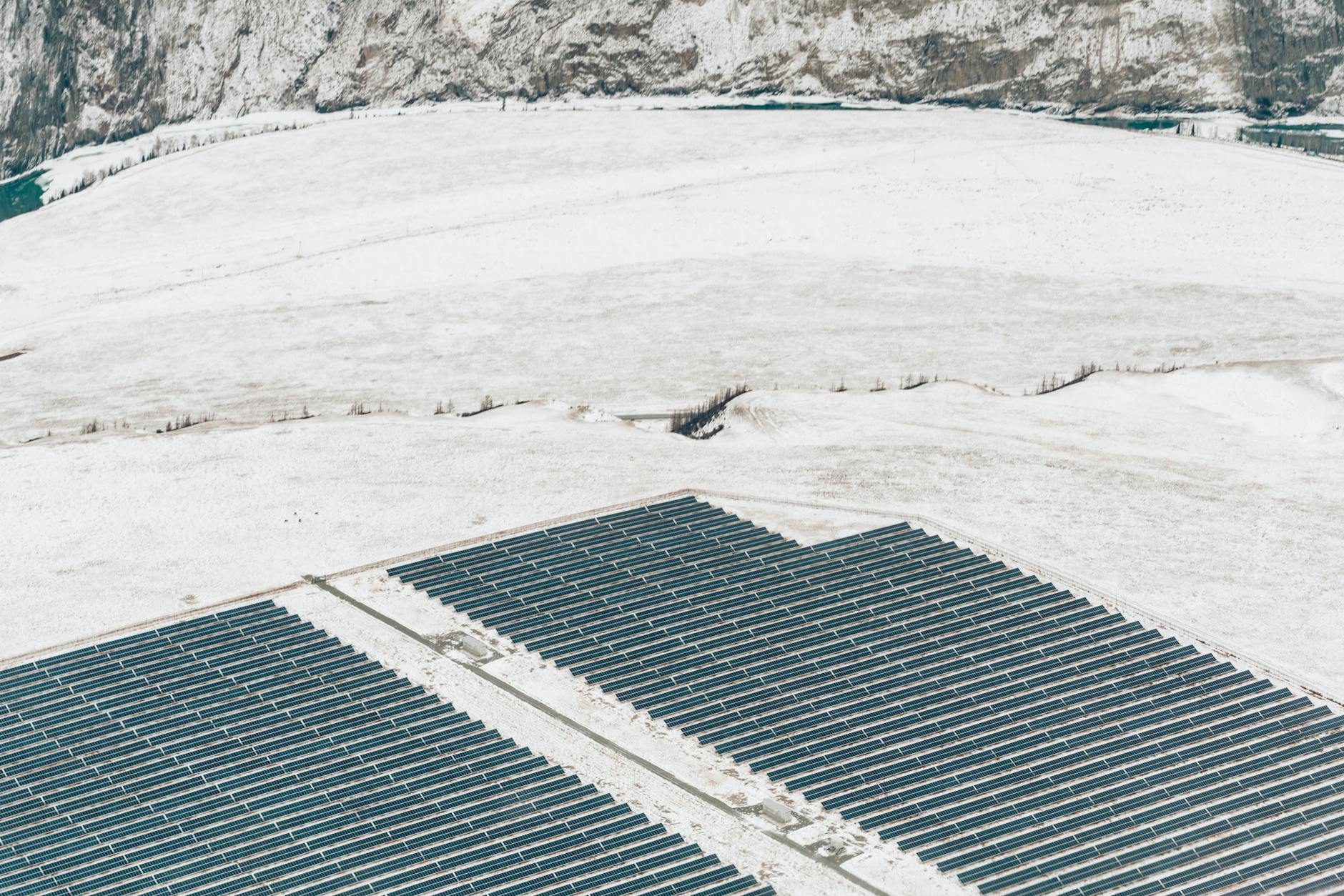Increasingly, investors are recognizing the potential of solar energy investment as a vital part of a sustainable future. The rising demand for renewable energy sources, coupled with supportive government policies and significant technological advancements, has created an inviting landscape for solar investments. As economic benefits become more apparent, including cost reductions and job creation, more stakeholders are eager to capitalize on these opportunities. In this blog post, we will explore the reasons behind this trend and what the future holds for solar energy investments.
The rising demand for renewable energy sources
As global awareness of climate change increases, the demand for renewable energy sources has surged dramatically. In particular, solar energy investment has become a focal point for both individual and institutional investors. Here’s why:
-
Environmental concerns: With a growing emphasis on reducing carbon footprints, many investors seek sustainable options. Solar energy offers a cleaner alternative to fossil fuels, positioning it as a desirable choice.
-
Energy independence: Nations aim to decrease reliance on imported fuels. Investing in solar energy can provide locals with sustainable, self-sufficient options, enhancing energy security.
-
Cost reductions: Technological advancements have significantly lowered the cost of solar panels and installation. According to recent reports, the price of solar energy has dropped by nearly 90% over the last decade, making it more accessible.
-
Government incentives: Many governments worldwide promote renewable energy through tax credits and rebates, further fueling the solar energy investment boom.
In conclusion, the increasing demand for renewable energy sources reflects a broader commitment to sustainability, making solar energy investments more attractive than ever.

Photo by Kindel Media
The Impact of Government Policies on Solar Investments
Government policies play a pivotal role in shaping the landscape of solar energy investment. By providing incentives and regulatory support, governments encourage both individuals and corporations to embrace solar solutions. Here are some key impacts:
-
Incentives and Tax Benefits: Many countries offer tax credits, grants, or rebates for solar energy installations. These incentives reduce the upfront costs, making solar energy investment more attractive.
-
Renewable Energy Targets: Legislated goals for renewable energy generation push utilities and corporations to invest in solar projects, further driving market growth.
-
Net Metering Policies: By allowing solar energy users to sell excess power back to the grid, net metering enhances the economic viability of solar systems, securing better returns for investors.
When comparing countries with strong government policies versus those with less robust support, the difference in solar energy investment is striking:
| Country | Government Support Level | Solar Investment Growth |
|---|---|---|
| USA | High (Incentives, Tax Credits) | Rapid |
| Germany | High (Feed-in Tariffs) | Sustained |
| China | Moderate | Fast |
| Australia | Variable | Slow |
In conclusion, favorable government policies significantly boost solar energy investment, leading to broader adoption and innovation in renewable energy technologies.
Technological Advancements in Solar Energy
Technological advancements play a crucial role in driving solar energy investment. With ongoing innovation, investors are presented with increasingly efficient and cost-effective solutions. Here are some key advancements shaping the solar sector:
-
Increased Efficiency:
- New materials, such as perovskite solar cells, promise higher conversion rates, making solar panels more effective.
-
Energy Storage Solutions:
- Innovative battery technologies have emerged, enabling better storage of solar energy for use during non-sunny periods, enhancing energy reliability.
-
Smart Technology Integration:
- The incorporation of IoT and smart grids allows for real-time monitoring and optimized energy distribution, attracting solar energy investment.
-
Lower Production Costs:
- Manufacturing improvements and economies of scale have reduced costs, encouraging wider adoption of solar systems.
| Advancement | Impact on Investment |
|---|---|
| Increased Efficiency | Higher returns per panel |
| Energy Storage | Improved project viability |
| Smart Technology | Enhanced performance tracking |
| Lower Production Costs | Lower investment thresholds |
As a result, these advancements not only boost investor confidence but also pave the way for a sustainable future in solar energy. Investors who understand and adapt to these changes will capitalize on the thriving solar energy investment landscape.
The Economic Benefits of Investing in Solar Energy
Investing in solar energy presents numerous economic advantages for both individuals and businesses. Here are some key benefits:
-
Reduction in Energy Bills: By utilizing solar energy, homeowners and businesses can significantly reduce their monthly electricity bills, leading to substantial savings over time.
-
Government Incentives: Many governments offer tax credits, rebates, and grants to encourage solar energy investment. These financial incentives can decrease the initial investment costs, making solar energy more accessible.
-
Job Creation: The solar industry is a rapidly growing sector, creating new jobs in manufacturing, installation, and maintenance. Investments in solar energy often lead to local job growth, boosting the economy.
-
Energy Independence: Solar energy investment helps reduce reliance on fossil fuels and foreign energy sources, promoting energy security and stability in the market.
| Benefits | Individual Impact | Business Impact |
|---|---|---|
| Reduced Energy Bills | Lower monthly expenses | Increased profit margins |
| Government Incentives | Lower upfront costs | Enhanced cash flow |
| Job Creation | Local job opportunities | Contributes to community growth |
| Energy Independence | Increased personal control | Stability in energy costs |
In summary, solar energy investment not only saves costs but also fosters economic development and energy independence, making it a wise choice for the future.

Photo by Mikhail Nilov
The Future Outlook for Solar Energy Investments
The future of solar energy investment looks exceptionally promising, driven by several key factors that signal robust growth in this sector. Here’s what to anticipate:
-
Increasing Demand: As global awareness of climate change rises, the demand for clean energy sources will continue to surge. Investors recognize this shift and see solar energy investment as a viable long-term solution.
-
Technological Innovations: Enhanced efficiencies in solar panels and battery storage technologies indicate that future solar energy investments will yield better returns. Innovations such as bifacial solar panels and improved photovoltaic (PV) materials are setting new performance benchmarks.
-
Cost Reductions: The costs associated with solar technology have plummeted over the past decade. According to forecasts, solar energy will become one of the cheapest forms of electricity in many regions, further encouraging investment.
-
Regulatory Support: Governments worldwide are implementing supportive policies, such as subsidies and tax incentives, to boost renewable energy adoption. This regulatory environment creates a favorable landscape for solar energy investments.
In summary, with rising demand, technological advancements, decreasing costs, and strong regulatory frameworks, the future of solar energy investment is bright and full of potential. Investors should be prepared to seize the opportunities that arise in this ever-evolving sector.
